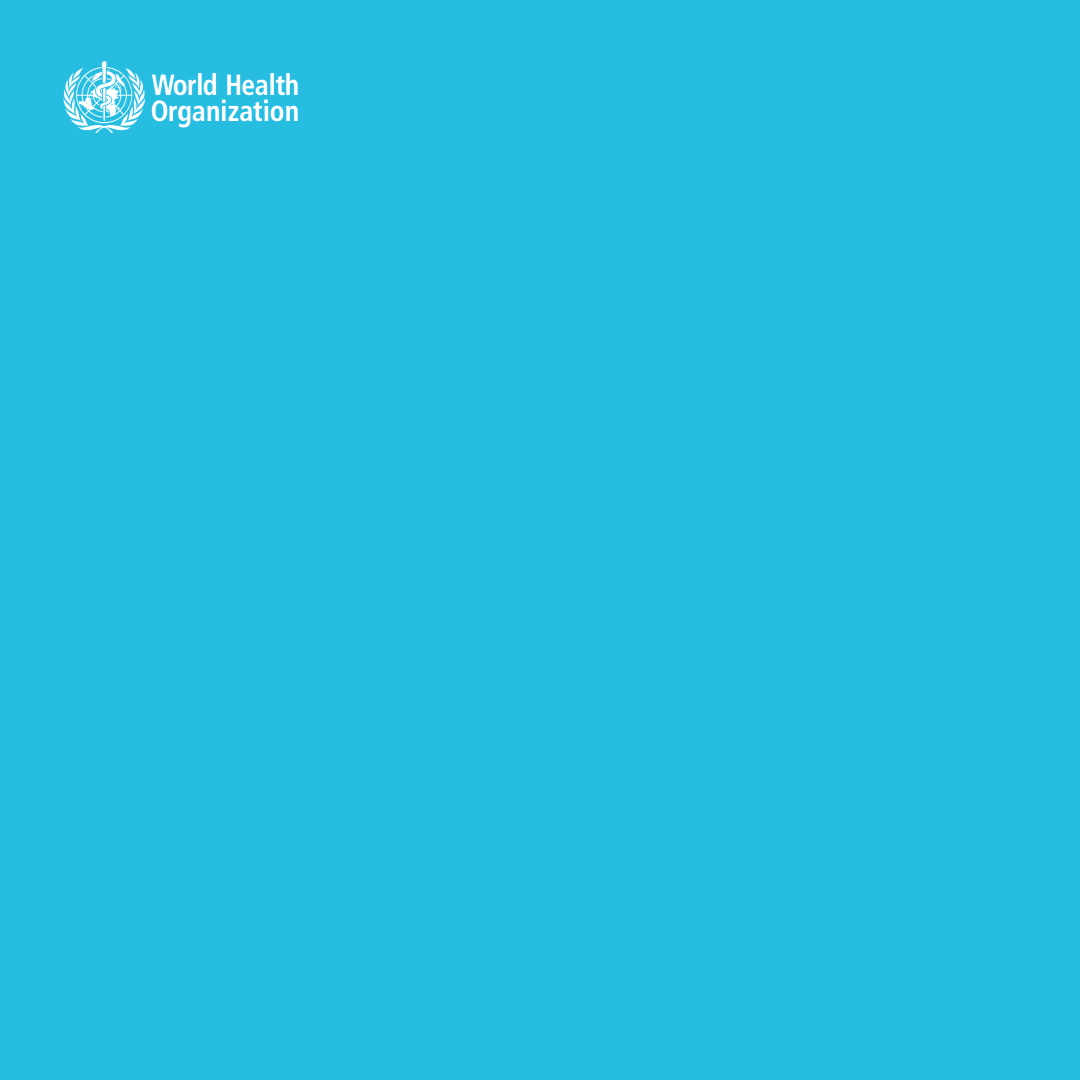
As the world responds to the COVID-19 pandemic, we face the challenge of an overabundance of information related to the virus. Some of this information may be false and potentially harmful.
Inaccurate information spreads widely and at speed, making it more difficult for the public to identify verified facts and advice from trusted sources, such as their local health authority or WHO.
However, everyone can help to stop the spread. If you see content online that you believe to be false or misleading, you can report it to the hosting social media platform.
WHO works with the Government of the United Kingdom to tackle misinformation
In the context of the strategic partnership with the Government of the United Kingdom, WHO has joined forces with its communications teams to raise awareness of misinformation around COVID-19 and encourage individuals to report false or misleading content online.
This cooperation started with the joint Stop the Spread campaign in May-June 2020, which encouraged the use of trusted sources such as WHO and national health authorities for accurate COVID-19 information. The new phase of the joint campaign focuses on proactively identifying and reporting potentially wrong or misleading information, as part of WHO's efforts to address the spread of inaccurate and harmful information during the pandemic.
Learn more about inaccurate information on the WHO myth busters pages.
Visit our infodemiology pages to familiarize yourself with this emerging field of science.
Play Go Viral! to uncover the latest tactics used to spread false information, build your resistance to misinformation and help stop the spread of COVID-19. Go Viral! is brought to you by the Government of the United Kingdom and the University of Cambridge.
Learn more about cyber security.
Common COVID-19 vaccine misconceptions addressed
A year into the pandemic, vaccines are being rolled out, and information about them (some reliable and some not), is everywhere. In response, the Government of the United Kingdom and WHO have produced a digital series to address common misconceptions circulating online and explain the safety of approved COVID-19 vaccines.

